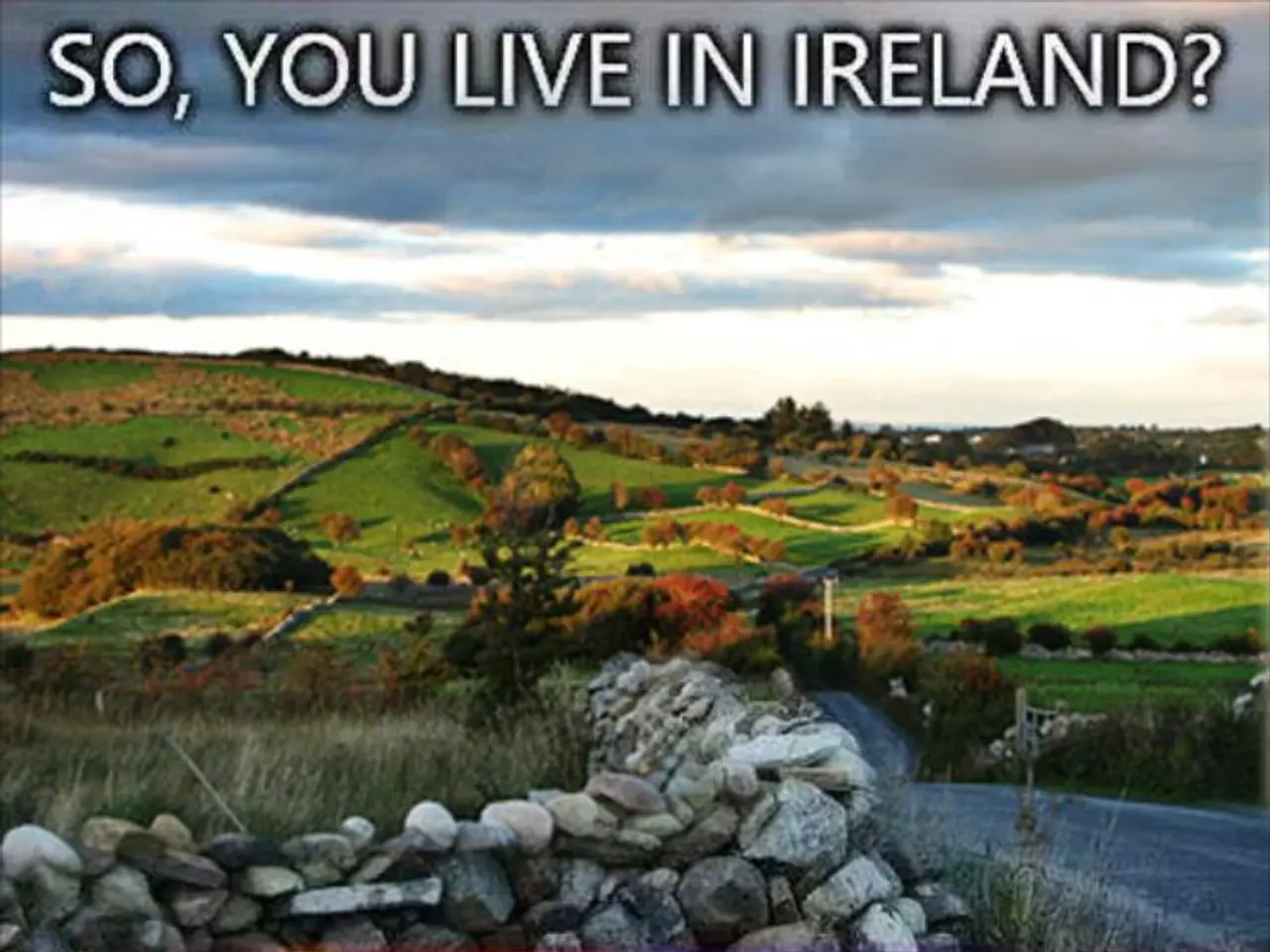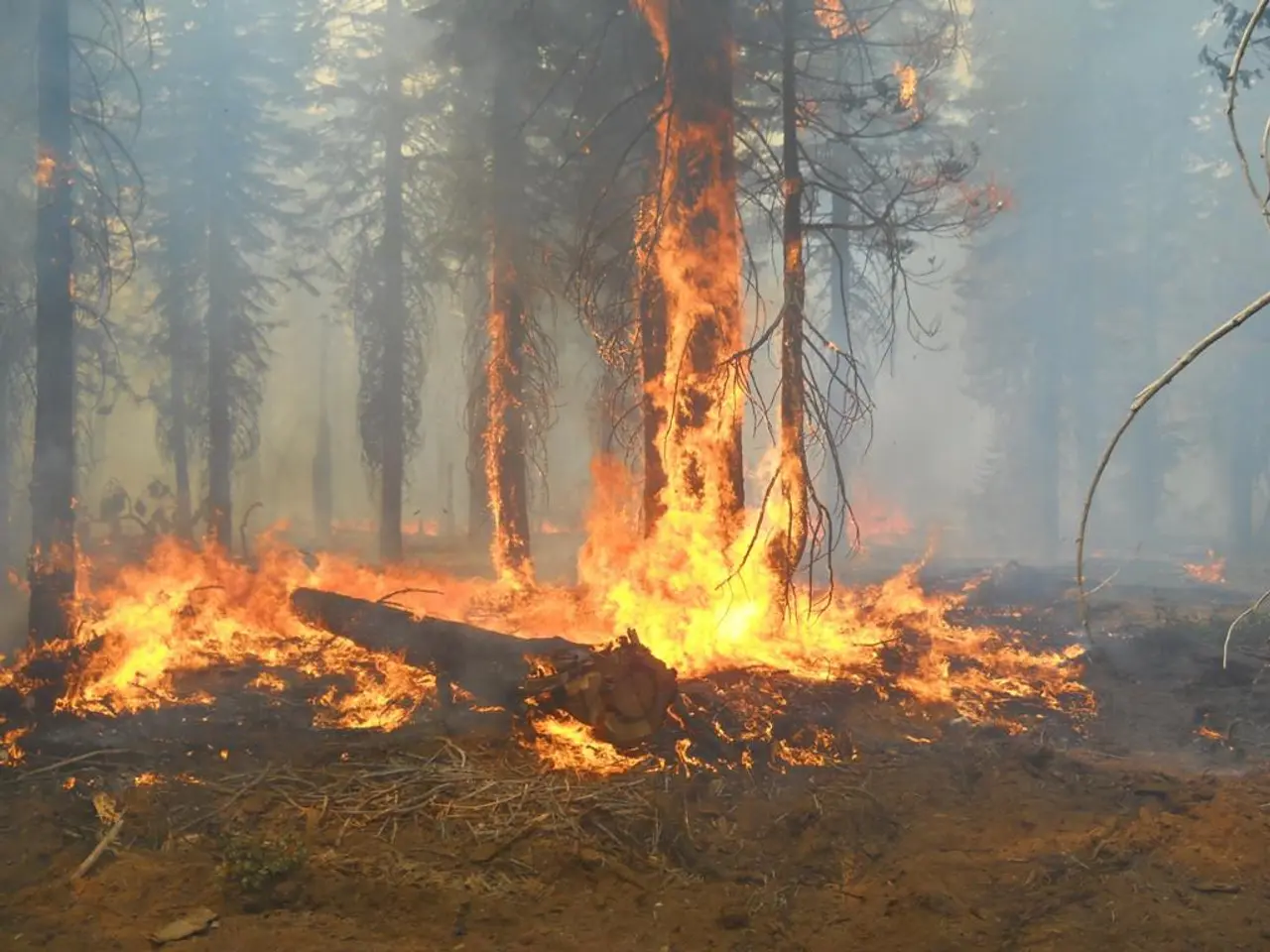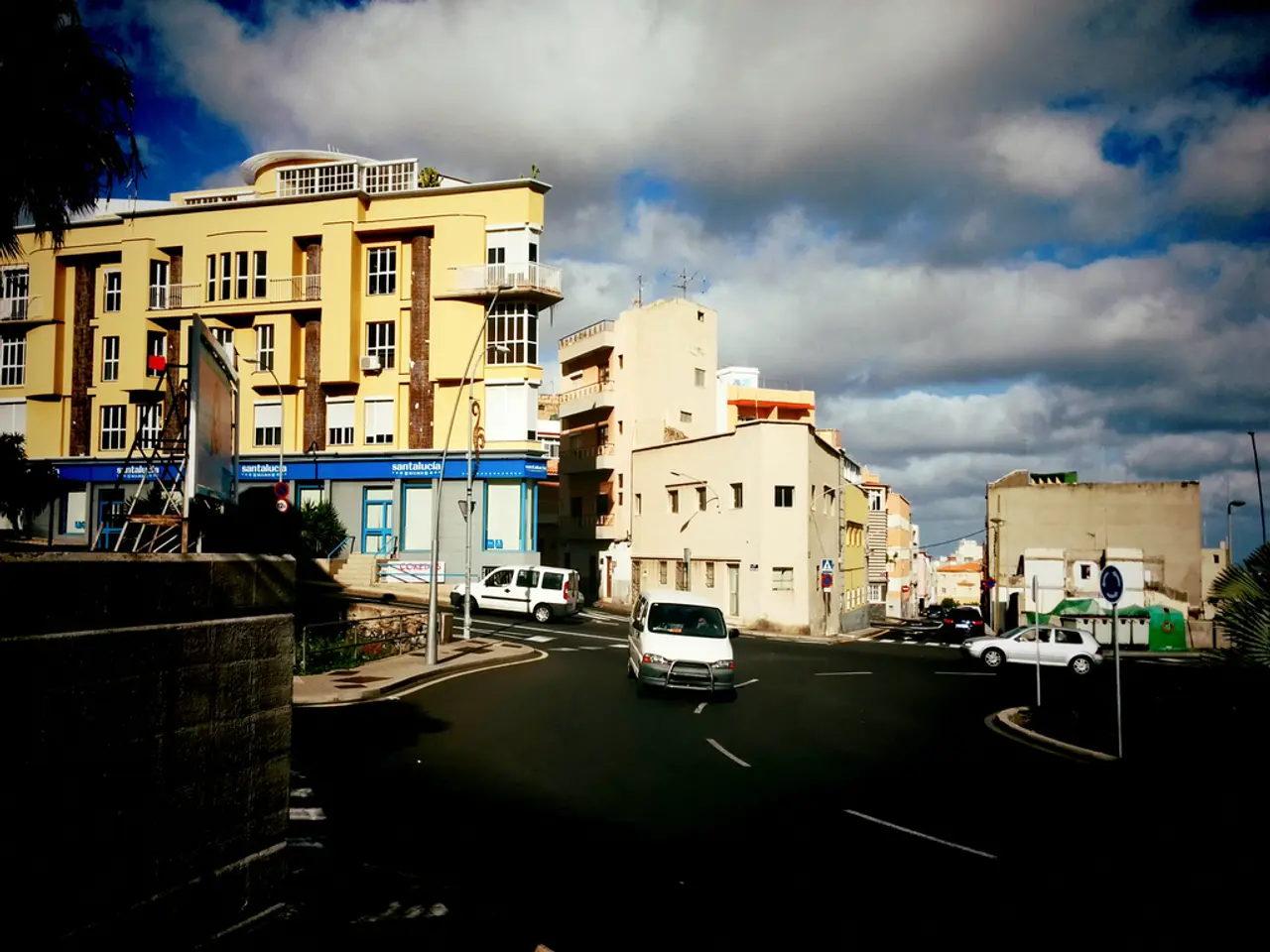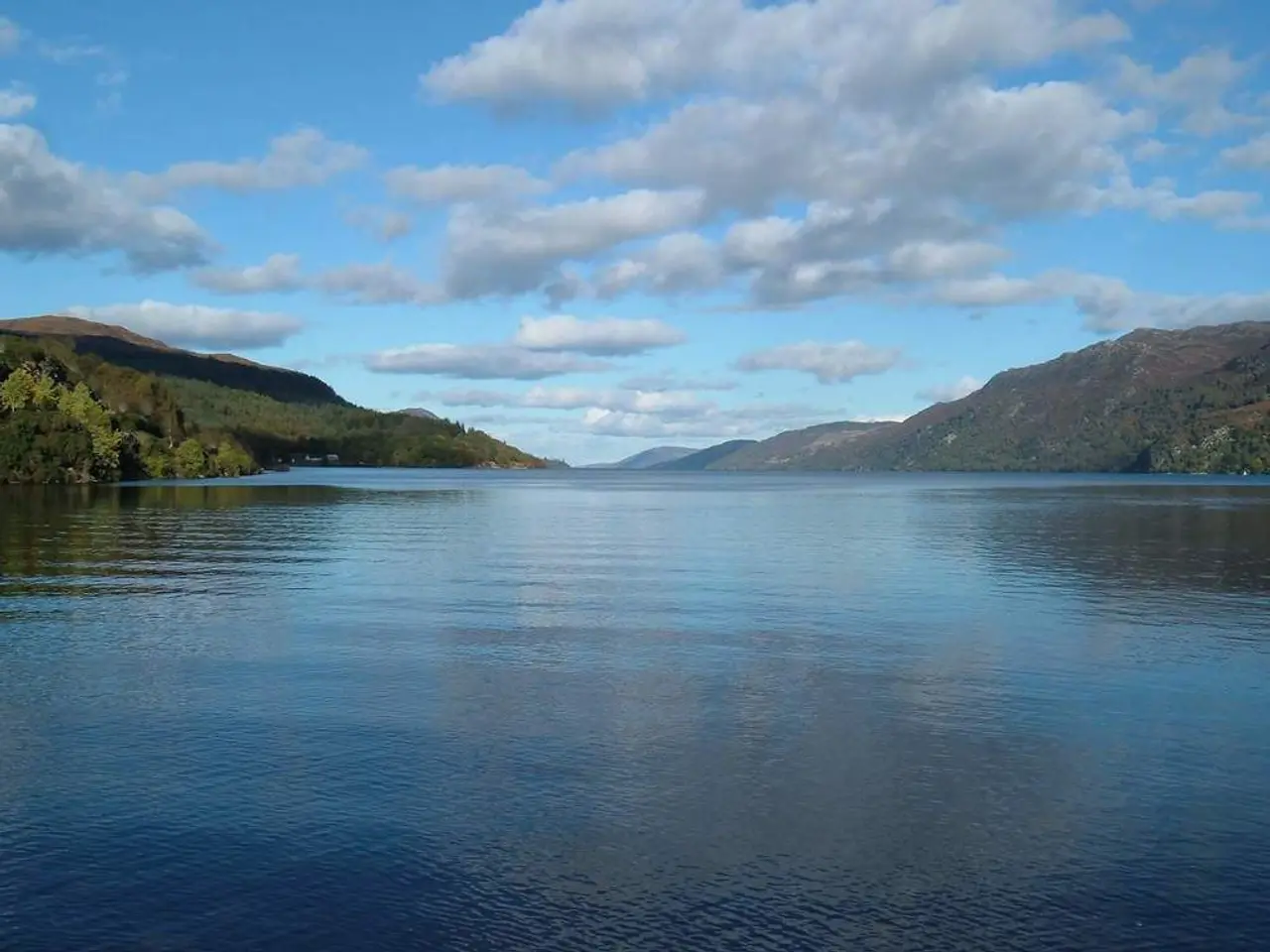Multiple municipalities across eight districts face severe fire risk with over 60 being affected.
As the mercury rises and dry conditions persist, Portugal is bracing itself for an escalating wildfire risk, with specific districts such as those in the Algarve and interior regions being particularly vulnerable.
According to the Portuguese Institute of the Sea and Atmosphere (IPMA), the rural fire risk is set to surge from Tuesday onwards due to higher temperatures and sustained high levels through the weekend in certain areas. Notably, the municipalities of Loulé, São Brás de Alportel, and Tavira in the Faro district (Algarve) are currently at maximum wildfire risk, a situation that is expected to worsen in the coming days.
Dozens of municipalities in the northern and central interior, as well as the Algarve, are currently facing very high fire risk. Moreover, many municipalities in the Alentejo region and along the northern coast are at high risk.
A yellow warning has been issued for several districts, including Bragança, Viseu, Évora, Guarda, Vila Real, Beja, Castelo Branco, and Portalegre, from 9:00 am Tuesday to 6:00 pm Wednesday, due to the heat and dry conditions that favour wildfires.
The IPMA's fire risk levels range from low to maximum, based on factors such as temperature, humidity, wind speed, and recent rainfall. The forecast suggests that the combination of hot weather, low humidity, and wind will amplify fire danger across these areas beyond Monday.
Residents and authorities in affected districts are being urged to remain vigilant to prevent and respond to potential wildfires. However, the specific causes for the high risk of rural fires have not been identified.
The high risk of rural fires is a localised issue, affecting certain districts in Portugal. The Portuguese Institute of the Sea and Atmosphere is closely monitoring the situation, and the high risk of rural fires is expected to continue until at least Monday, with no signs of abating before then.
This ongoing concern underscores the importance of fire safety measures and precautions in the affected districts of Portugal.
- In the affected districts of Portugal, such as Loulé, São Brás de Alportel, and Tavira in the Algarve, scientific study of the environment, known as environmental-science, is crucial to understand the impact of climate-change on wildfire risk.
- As the weather-forecasting predicts an escalating wildfire risk due to recent dry conditions and high temperatures, learning about weather patterns and understanding its implications for fire hazards will be essential for policymakers and residents in these areas.
- In these high-risk districts, focusing on good table discussions about fire safety measures, along with maintaining good beds of vegetation that aren't dry and flammable, can help minimize the danger of rural fires and prioritize safety for the residents of Portugal.








